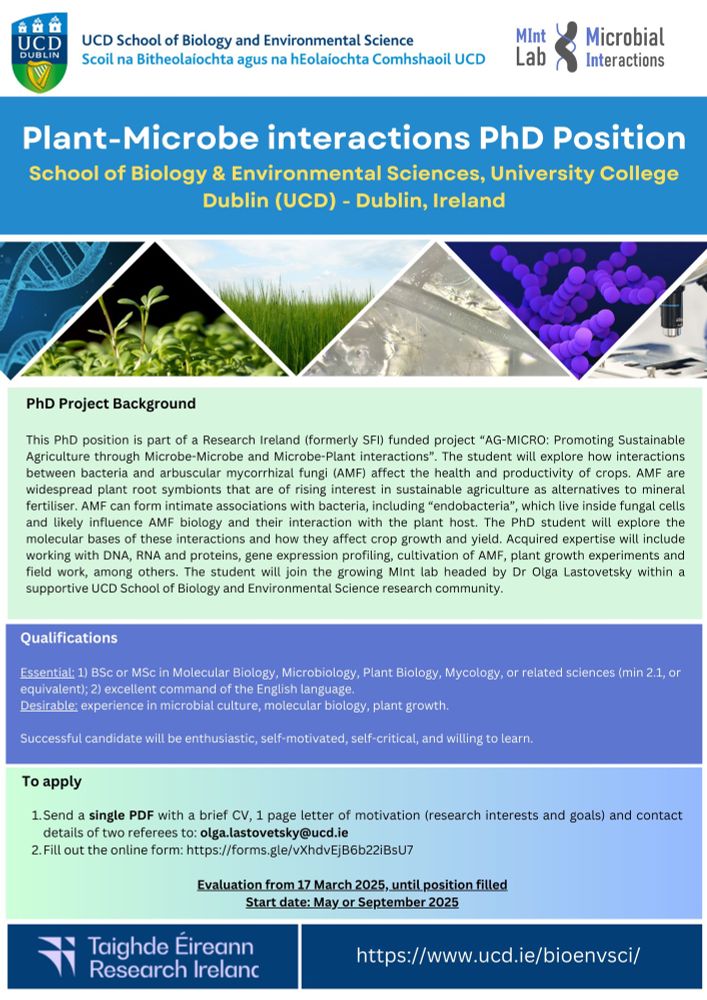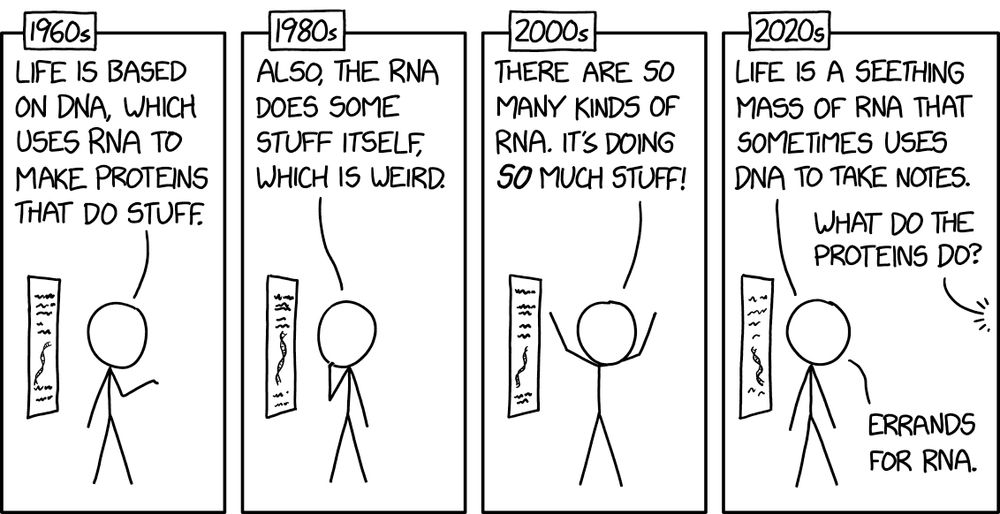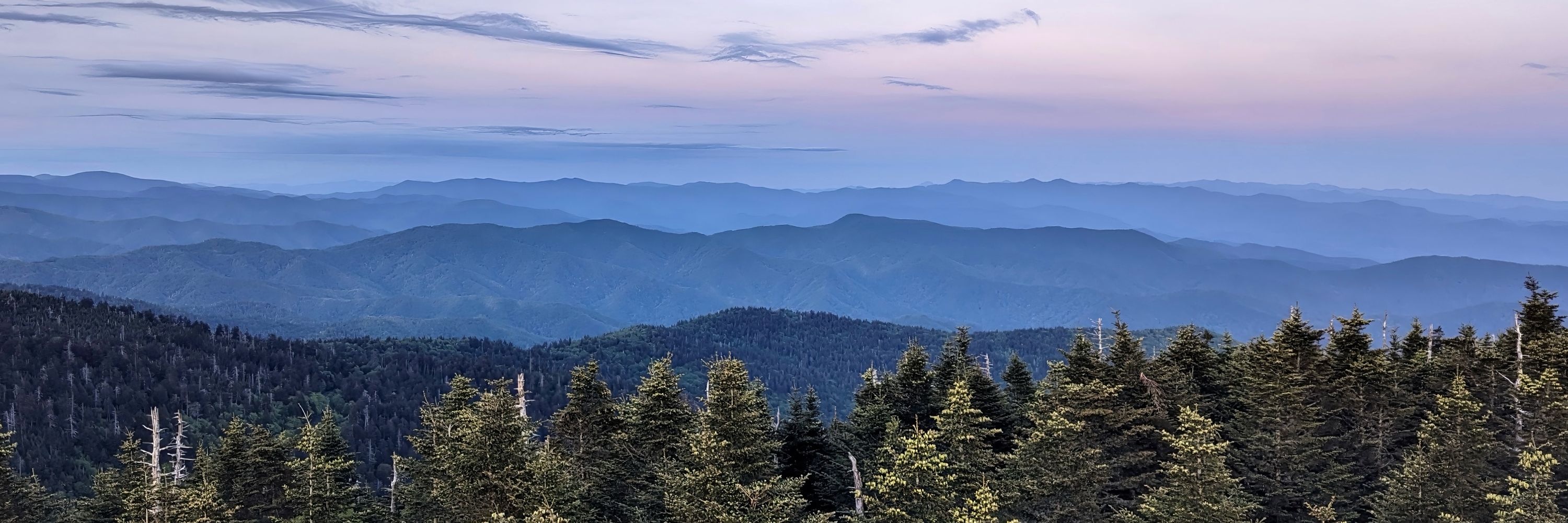
Interesting science to ponder the interplay between seasonality and circadian rhythms.

Interesting science to ponder the interplay between seasonality and circadian rhythms.

@currentbiology.bsky.social by @danichitrang.bsky.social et al from Carl Johnson
www.cell.com/current-biol...

@currentbiology.bsky.social by @danichitrang.bsky.social et al from Carl Johnson
www.cell.com/current-biol...
A host organelle (in sea slugs) integrates stolen chloroplasts for animal photosynthesis

A host organelle (in sea slugs) integrates stolen chloroplasts for animal photosynthesis
Every tiny organism plays a key role in our planet's health.
On #WorldOceanDay, see how UNEP works to #SaveOurOcean: bit.ly/3Qk34aI

Every tiny organism plays a key role in our planet's health.
On #WorldOceanDay, see how UNEP works to #SaveOurOcean: bit.ly/3Qk34aI
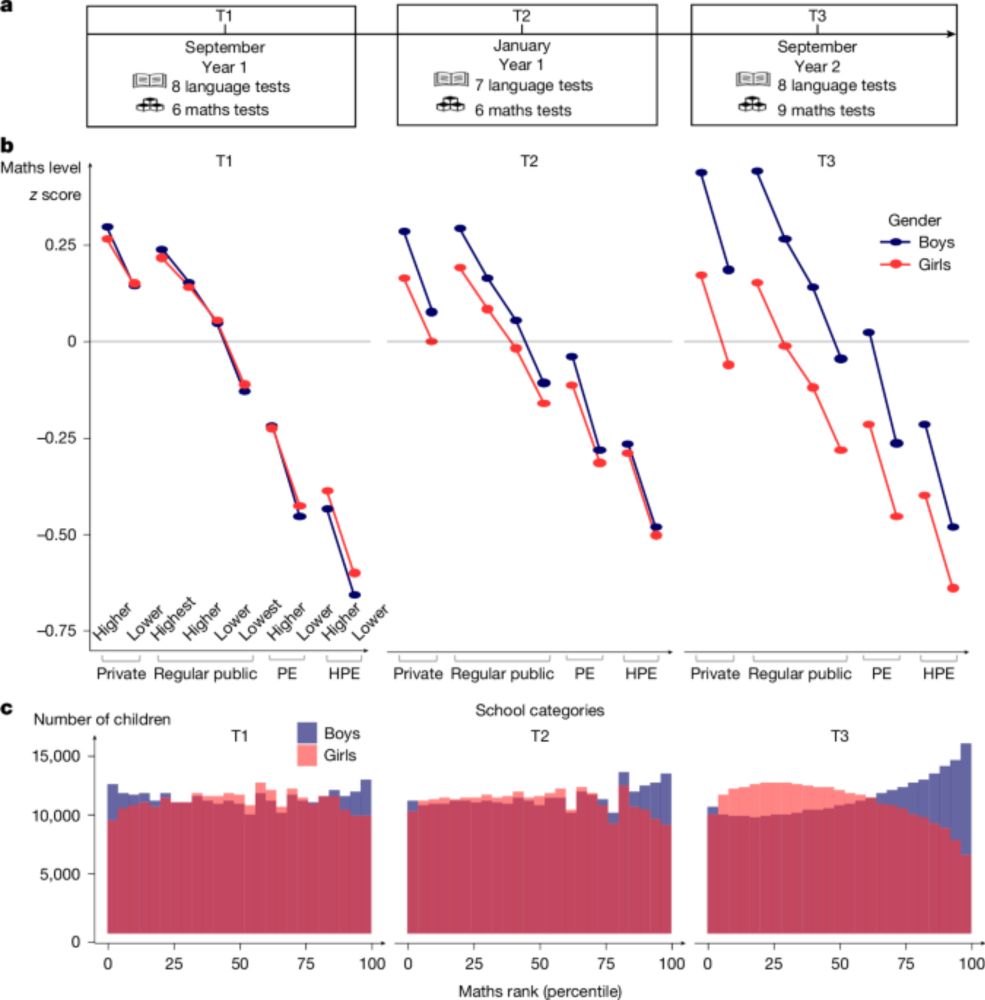
A new global analysis shows 1 in 4 assessed wild animal species face extinction – and climate change is an escalating threat.
🔗 doi.org/10.1093/bios...
#ClimateCrisis #Biodiversity #SciComm 🧪

A new global analysis shows 1 in 4 assessed wild animal species face extinction – and climate change is an escalating threat.
🔗 doi.org/10.1093/bios...
#ClimateCrisis #Biodiversity #SciComm 🧪
www.thelancet.com/journals/lan...
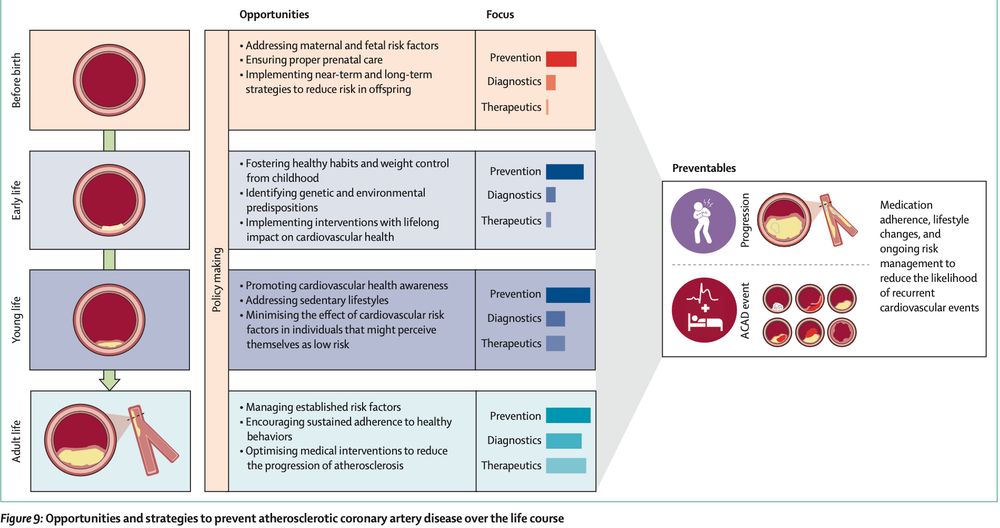
www.thelancet.com/journals/lan...
www.nature.com/articles/s43...

www.nature.com/articles/s43...
A study of 9 LLMs found medically unjustified differences in care based on patient identity – with Black, LGBTQIA+, and unhoused patients often receiving worse or unnecessary recommendations.
🔗 www.nature.com/articles/s41...
#SciComm #AI 🧪

A study of 9 LLMs found medically unjustified differences in care based on patient identity – with Black, LGBTQIA+, and unhoused patients often receiving worse or unnecessary recommendations.
🔗 www.nature.com/articles/s41...
#SciComm #AI 🧪
#microsky 🧪
www.nature.com/articles/s41...

#microsky 🧪
www.nature.com/articles/s41...
Behind the paper by Dennis Claessen on their recent @naturecomms.bsky.social publication
communities.springernature.com/posts/bacter...
Kitasatospora viridifaciens

Behind the paper by Dennis Claessen on their recent @naturecomms.bsky.social publication
communities.springernature.com/posts/bacter...
Kitasatospora viridifaciens
www.sciencedirect.com/science/arti...

www.sciencedirect.com/science/arti...
Workshop dates: 4-7th June 2025. More information: web.cvent.com/event/3d0bd3.... Please share widely!
Workshop dates: 4-7th June 2025. More information: web.cvent.com/event/3d0bd3.... Please share widely!
gimm.idloom.events/phd-summer-s...
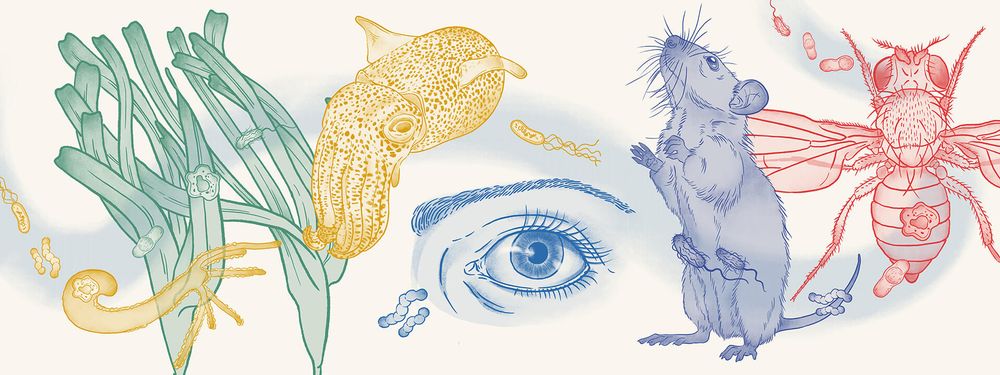
gimm.idloom.events/phd-summer-s...
www.dw.com/en/how-germa...

www.dw.com/en/how-germa...
